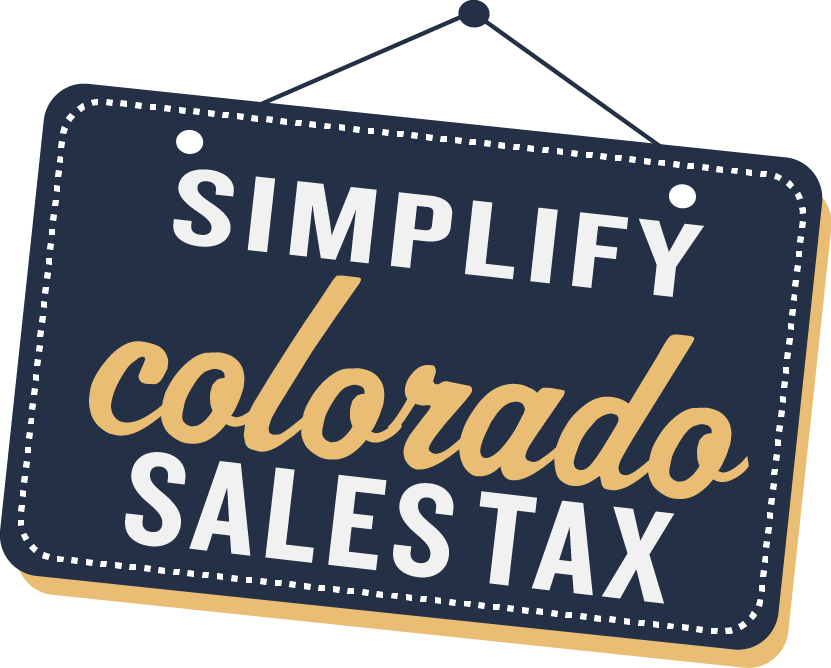Download the Coalition's overview in PDF
Colorado businesses face 756 specific geographic areas with different sales tax structures, making the calculation and collection an onerous burden. And woe to those who are accused of making a mistake. Most taxpayers do not know the nuances of tax definitions until an audit.
In 2013, the Council on State Taxation (COST) rated Colorado as the fourth worst state in the country (with a grade of D) in its Scorecard on Tax Appeals & Procedural Requirements.
Business leaders who deal with Colorado’s unfair, unclear, and excessively complex sales and use tax regulations recognize the need for reform. Why? Because the status quo:
Is a significant burden on businesses
Unfairly requires businesses to pay tax assessments before they can contest them in a neutral court
Hits consumers with unexpected taxes after a purchase
Puts Colorado at a competitive disadvantage in attracting new employers
View the Simplify Tax Legislative Info
Problems & Proposed Solutions
| The current system | A simple, fair system looks like |
|---|---|
| Requires businesses to have multiple sales tax licenses and remit separately to up to 69 self-collecting home-rule cities (one large retailer has more than 90 sales tax licenses). | A single sales and use tax license for each business. Remitting sales and use taxes to a single entity with timely delivery of revenue to local taxing jurisdictions. |
| Provides conflicting definitions of what is taxable across jurisdictions. Clear, proactive guidance (i.e. before an audit) is lacking. | Uniform tax definitions that establish standard categories of items/goods. A uniform tax base that establishes what is taxable and non-taxable across jurisdictions. Freedom for localities to vary rates to achieve tax revenue objectives. One entity designated to provide guidance, clarifications and maintain common definitions. |
| Lacks an accurate central database of sales and use tax information on which businesses can rely without penalty. | An authorized database, searchable by address across all taxing areas. Businesses held harmless if they rely on the authorized database. |
| Exposes taxpayers to multiple audits at any time. | Consolidated audits under one entity. |
| Requires taxpeayer to pay upfront all amounts assessed (or secure a bond for double that amount) to challenge an assessment before an independent court. | No barriers to an impartial ruling on the legal basis for a tax assessment. |
